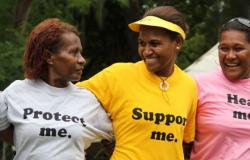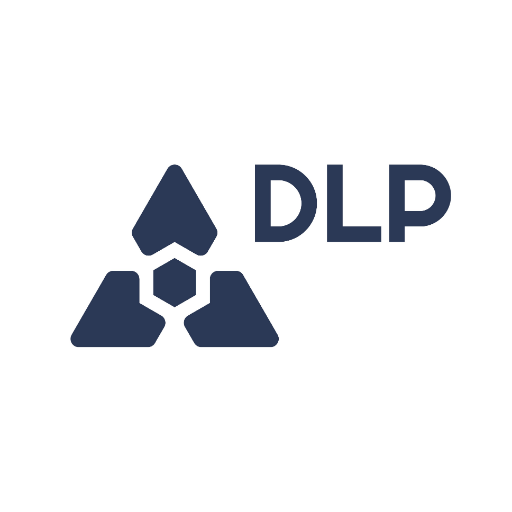What do we know about Developmental Leaders? What questions should we be asking?

Duncan Green summarises some of the findings form the long running Developmental Leadership Program (DLP).
The DLP is an intriguing research initiative, which I’ve been loosely associated with for many years. Founded in 2006 and largely funded by the Australian aid programme, they recently produced four ‘foundational papers’ summarizing where they’ve got to and what questions they think researchers and practitioners should now be asking on the thorny question of leadership. This is on top of an excellent earlier stocktake of what they found in the first 10 years of research, which they summarized for FP2P here.
Why thorny? Because the term is slippery, encouraging all kinds of sloppy thinking and practice. Example: ‘Create’ leaders with hundreds of workshops/scholarships (or ‘build the capacity’ of existing ones) and then we can ignore the structural obstacles of power and politicis that block progressive change. Right.
How Is Leadership Understood In Different Contexts? By David Hudson and Claire McLoughlin
Where Do Leaders Come From? By Jack Corbett
How Do Leaders Collectively Influence Institutions? by Sohela Nazneen
How Can Developmental Leadership Be Supported? By Chris Roche and Lisa Denney
The papers synthesize the DLP’s huge research output and set out research questions for the next phase of the DLP. Some themes recur in all four:
Structure v Agency: How much room for manoeuvre do leaders really have, or are they the slaves of time and place? No-one put this more beautifully than Marx (unforgiveably unquoted in these papers, as far as I can see):
‘Men make their own history, but they do not make it as they please; they do not make it under self-selected circumstances, but under circumstances existing already, given and transmitted from the past. The tradition of all dead generations weighs like a nightmare on the brains of the living.’
My concern with the DLP in the past is that it has seemed rather uncomfortable with agency – much keener to discuss the structural determinants of social change for fear of slipping into a ‘Big Man’ version of history. But while researchers prefer structures, aid donors/practitioners are much happier with agency – find your leaders and back them. That leads to a pretty big gulf in how the two camps approach the topic, which DLP is trying to bridge.
These papers are getting serious about Leadership and agency, advocating an exploration of the nature of ‘constrained agency’. How do leaders work within the straitjacket?; how do they earn themselves a little more wiggle room?’
Nature v Nurture: Are leaders born or made? Both, obviously, but researchers and practitioners have different understandings of the balance. If you believe they are born, then best to identify emerging leaders and support them. If made, then mass education, workshops etc can help anyone become a better leader.
Leaders v Followers: According to a Malawian proverb (also unaccountably missing from these papers), ‘A leader without followers is simply someone taking a walk’. The DLP argues that leadership is produced by the interaction between leaders and followers: how do leaders understand and respond to followers? How do followers shape their leaders? The study of leadership necessarily involves the study of followership, which gives me an excuse to put up Dancing Guy – the best youtube video about leadership ever.
Leadership depends on Context: Churchill was hugely popular as a war leader, then was unceremoniously dumped because British people wanted a different leader in peacetime. Inspiration (‘transformational’) during war or other ‘critical junctures’; competence and consensus-building (‘transactional’) in peace.
The final paper in the series is the inevitable ‘so what’ for the aid donors who are funding all this work. Roche and Denney list the standard forms of support through scholarships, training, mentoring & coaching, exchanges and learning, financial support, building demand eg for better government data or accountability and supporting an enabling environment, eg for dialogue and inclusion. They find that the reason why a lot of these ideas are frustrated in practice is because of the political economy of donors themselves, and apply some of the DLP’s thinking to explore the constraints on the agency of ‘leaders about leadership’ within the aid biz. No real answers, but a sensible starting point.
There’s a lot in these papers, and I’m sure I have failed to do justice to their 150 pages or so of lit review and discussion, so do please go read them for yourselves. And if you do, skip the exec sums, which don’t do justice to the full papers.
Interesting stuff, but the language and analytical framework in the papers feel somehow desiccated and too rationalist. Sure, leaders and followers alike are motivated by identity, context, interests. But what about inspiration, emotion, uplifting tales that bring purpose to your life? How do we describe and assess charisma? Is this the result of too much political science, and not enough psychology, anthropology or literature?
The papers are intended as steers to the DLP’s researchers and other academics, but even so, I got a bit tired of the format: Review of existing research → Implications for practice → proposals for yet more research. Some of this is really interesting (see this recent DLP paper on what Indonesians look for in their leaders), but surely, we should be doing more joined up explorations involving practice and thought simultaneously? Action research, do tanks, real-time evaluation and accompaniment – how about taking a bunch of people we think will become leaders (eg student activists) and then follow them for a few decades (A leadership 7 Up?)
Anyway, that’s enough from me, and DLP feel free to put me right if I’ve done you any injustices.
Duncan Green is strategic adviser for Oxfam GB, author of ‘From Poverty to Power‘, ‘How Change Happens’ and Professor in Practice at the London School of Economics. This first appeared on Duncan's blog FP2P.
Image: Young Women’s Christian Association (YMCA) march in support of female rights during International Women’s Day in Honiara. Flickr (DFAT, Australia 2011)



